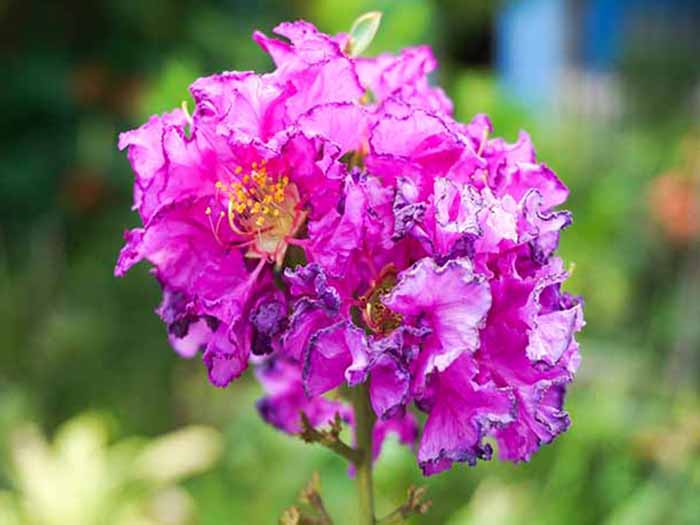There are many health benefits of banaba leaves, such as aiding in weight loss, promoting heart health, regulating blood sugar levels, helping in preventing cancer, treating urinary tract infections (UTI), and regulating blood pressure levels in the body.
What is Banaba Leaf?
Banaba leaf, also known as Lagerstroemia or Queen’s Crape-Myrtle, is a plant traditionally used in India and the Philippines to treat high blood sugar and diabetes, with the first research paper being published in 1940. However, do banaba leaves work? A 2012 study published in the Evidence-based Complementary and Alternative Medicine journal confirmed that animal and human studies, as well as in-vitro models, show that banaba has an anti-diabetic and anti-obesity effect due to two compounds present in it, corosolic acid and ellagitannins. Other compounds like oleanic acid and valonein acid in the plant may help exert an anti-hyperglycemic effect. [1]

Banaba tea is a herbal tea that i used to reduce the risk of diabetes, kidney and bladder ailments. Photo Credit: Shutterstock
Benefits of Banaba Leaf
The most active ingredient in these powerful leaves is corosolic acid. This chemical has many benefits, so these leaves are consequently used for a multitude of ailments.
- Corosolic acid is a naturally occurring compound, in banaba leaves, that has been reported to give the body a powerful antioxidant boost, making it potentially useful in the prevention of cervical cancer. [2] [3]
- Banaba leaf extract is anti-viral, anti-bacterial, and anti-inflammatory. It aids in the treatment of urinary tract infections, liver diseases, and viral diseases.
- Banaba is an anti-diabetic due to the ability of corosolic acid to significantly lower glucose levels. [4]
- A rat study published in the Journal of Nutritional Science and Vitaminology showed that the leaf had an anti-obesity effect because it helped reduce blood triglycerides. [5]
- The corosolic acid and ellagitannins in banaba also help treat metabolic syndrome, promote heart health, regulate blood pressure, control cholesterol, and prevent strokes.
- A tea made from these dried leaves can be useful in preventing kidney stones and intestinal parasites.
Uses
Banaba leaf is widely available in either water- or menthol-based extracts and is usually sold in capsule or tablet form. It is also consumed in a caffeine-free, detoxifying tea, which is widely popular for urinary cleanses.
Side Effects
While side effects associated with using banaba leaves are quite rare, it is not recommended to consume during pregnancy or while breastfeeding. If you are currently on medications or treatment for diabetes, medicinal applications of these leaves can cause excessively lowered blood sugar, leading to hypoglycemia.
It is recommended to stop consuming this powerful herb at least two weeks before surgery.
